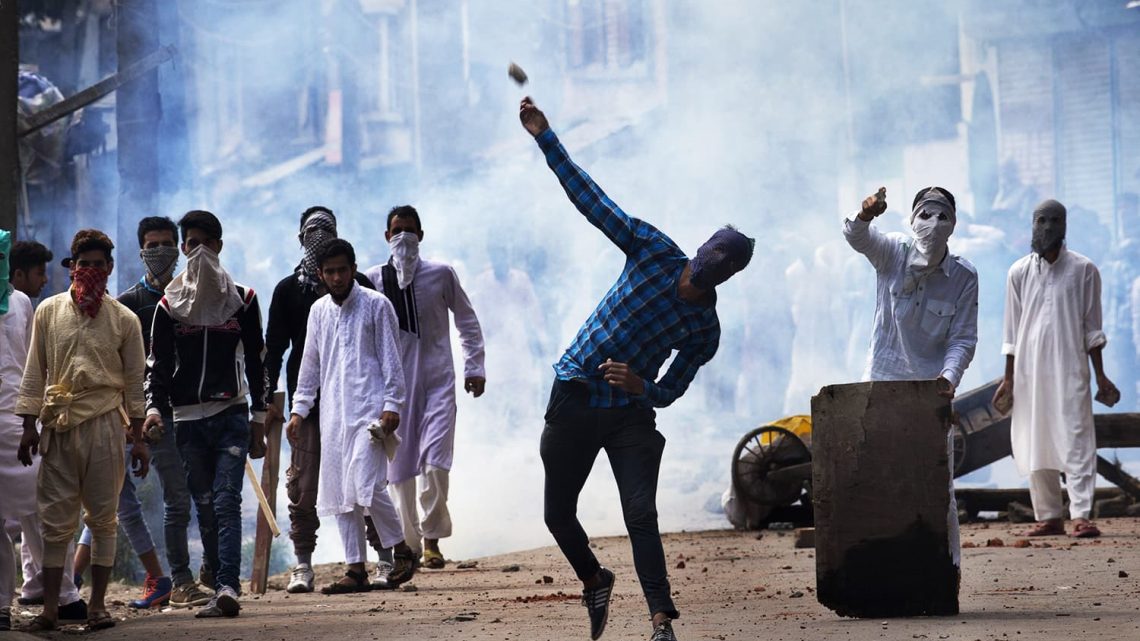
Kashmir’s Unending Struggle: The Aftermath of Burhan Wani’s Martyrdom
July 8, 2024Since the extrajudicial killing of Burhan Muzaffar Wani on July 8, 2016, in Indian illegally occupied Jammu and Kashmir (IIOJK), Indian troops have continued their acts of state terrorism. Reports indicate that 1,934 Kashmiris, including 286 in fake encounters and custody, have been martyred since Wani’s death.
These brutal actions have had devastating effects on the Kashmiri population. Since 2016, 159 women have been widowed and 393 children orphaned due to these killings. Additionally, at least 30,063 people have been injured by the use of bullets, pellets, and teargas shells by Indian military, paramilitary, and police personnel against peaceful demonstrators and mourners in the region.
Burhan Wani, a popular youth leader, was martyred along with his two associates by Indian troops in a fake encounter in the Kokernag area of Islamabad district. His death sparked a mass uprising across IIOJK, during which Indian troops martyred over 150 innocent Kashmiris in the ensuing months. The crackdown on peaceful protesters with bullets, pellets, and teargas shells led to widespread injuries and further unrest.
The martyrdom of Burhan Wani has left an indelible mark on the resistance movement in Kashmir. His legacy continues to inspire the youth to stand against oppression, even as they face severe repression from the Indian authorities. The ongoing violence and brutality only strengthen the resolve of Kashmiris to seek justice and freedom.
The international community’s silence and inaction in the face of these atrocities are alarming. The situation in IIOJK demands urgent attention and intervention to prevent further loss of innocent lives and to address the legitimate aspirations of the Kashmiri people for self-determination.
To conclude, the aftermath of Burhan Wani’s martyrdom has been marked by increased violence and repression in IIOJK. The sacrifices made by Wani and countless other Kashmiris highlight the ongoing struggle for freedom and justice in the region. It is imperative that the world takes notice and supports a peaceful resolution to the Kashmir conflict, ensuring the protection of human rights and the fulfillment of the Kashmiri people’s aspirations.

